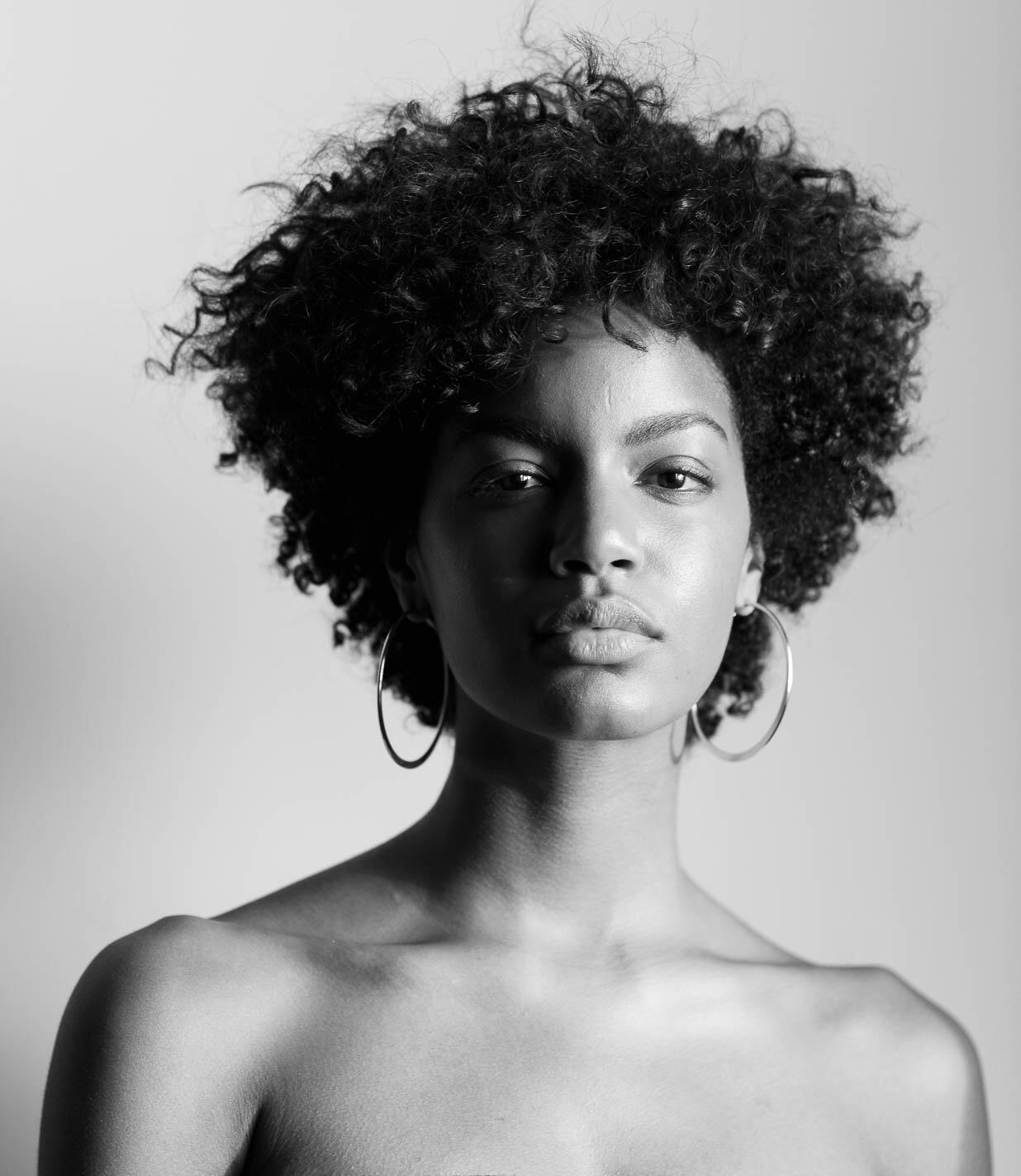This article was originally published by i-D UK.
In 2016, model Ebonee Davis turned activist following the numerous killings of young black men in America. The Calvin Klein campaign star penned an open letter to the fashion industry, asking it to play a part in stopping racism in America and use its platform for equality. The letter went viral, and she was invited to give a TED talk in February 2017, which now has almost 50,000 views on YouTube. i-D asked Ebonee to share some of her thoughts on beauty with us.
“A celebration of true beauty is a celebration of life. It is a celebration of freedom and the right to be who you are without fear of being judged. It is a celebration of authenticity and uniqueness. There are 7.5 billion people walking this earth today. That’s 7.5 billion sets of eyes, 7.5 billion noses, mouths, hair textures, skin tones. 7.5 billion stories. 7.5 billion imperfect people wanting nothing more than acceptance and the freedom to be as they are and express themselves.
Discussions around beauty should not be limited to the physical. In fact, the physical has very little to do with beauty. Beauty comes from really seeing. But really seeing doesn’t happen with the eyes, it happens with the heart. That is because beauty at its purest level is a feeling. We are all brilliant, shining souls within human bodies who deserve the right to express ourselves and not be shamed for it, but admired and loved.
This past January I gave a TEDx Talk at the university of Nevada in Reno, entitled Black Girl Magic in the Fashion Industry. Preparing and researching for my talk became an exploration of my identity as a black woman and a human being. I thought back on my past five years of working as a model and it brought up feelings of frustration, anxiety, sadness, and anger at levels far more powerful than I had previously realized.
The decision to wear my hair natural was the tipping point into deeper self-exploration. A discussion of beauty and blackness is inevitably a discussion of identity. Every single black person I know has struggled with their blackness and how it intersects with other aspects of their lives such as motherhood, fatherhood, education, religion, and, of course, beauty. Many people across the African diaspora struggle to find their identity because information about who we are isn’t readily shown in mainstream media. It was the same, looking through magazines growing up, there weren’t many role models of color. These one dimensional representations of blackness in the media are corrosive to the foundation of our unity as black people and distorts our perceptions of ourselves and of one another.
One of the worst issues plaguing the black community in regards to beauty is colorism. Colorism is a system that assigns more value to black people with lighter skin tones and European features. It is often the people closest to us, our partners, our parents, and our family members, who say the most hurtful things —or at least in my case. I never wanted to be white. However, I definitely wanted to be light skinned. I envied those with light eyes, narrow features, and loose curl patterns. Growing up as a black woman, I was never made to feel beautiful or accepted. Over the years, I invested an immeasurable amount of time and money into hair products, extensions, and makeup to achieve a certain look. I thought it was more palatable and ultimately more beautiful than what I was born with.
I feel more beautiful now than I have ever felt in my life and that feeling comes from something more than my hairstyle change. It comes from having an identity. The foundation of my identity came from embracing my physical and emotional scars and turning my shame into pride. Realizing that I am my own standard gave me confidence. I learned to accept myself, which has allowed for the acceptance of others.”
Credits
Text Ebonee Davis
